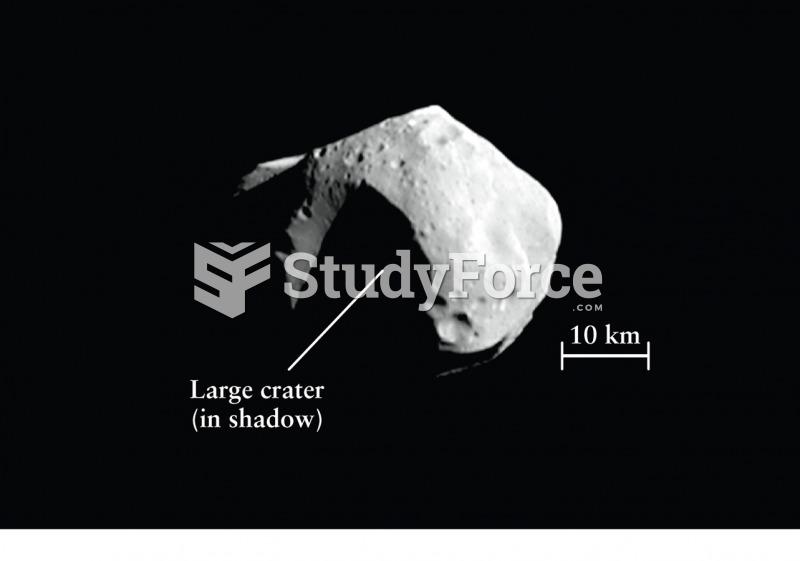|
|
|
Since 1988, the CDC has reported a 99% reduction in bacterial meningitis caused by Haemophilus influenzae, due to the introduction of the vaccine against it.
Most childhood vaccines are 90–99% effective in preventing disease. Side effects are rarely serious.
Before a vaccine is licensed in the USA, the Food and Drug Administration (FDA) reviews it for safety and effectiveness. The CDC then reviews all studies again, as well as the American Academy of Pediatrics and the American Academy of Family Physicians. Every lot of vaccine is tested before administration to the public, and the FDA regularly inspects vaccine manufacturers' facilities.
When taking monoamine oxidase inhibitors, people should avoid a variety of foods, which include alcoholic beverages, bean curd, broad (fava) bean pods, cheese, fish, ginseng, protein extracts, meat, sauerkraut, shrimp paste, soups, and yeast.
Throughout history, plants containing cardiac steroids have been used as heart drugs and as poisons (e.g., in arrows used in combat), emetics, and diuretics.
 Urinometer. In this procedure, a urine sample and urinometer are placed within a tube, and the liqui
Urinometer. In this procedure, a urine sample and urinometer are placed within a tube, and the liqui
 Messenger RNA (mRNA) carries genetic information from the nucleus to the cytoplasm for protein synth
Messenger RNA (mRNA) carries genetic information from the nucleus to the cytoplasm for protein synth





